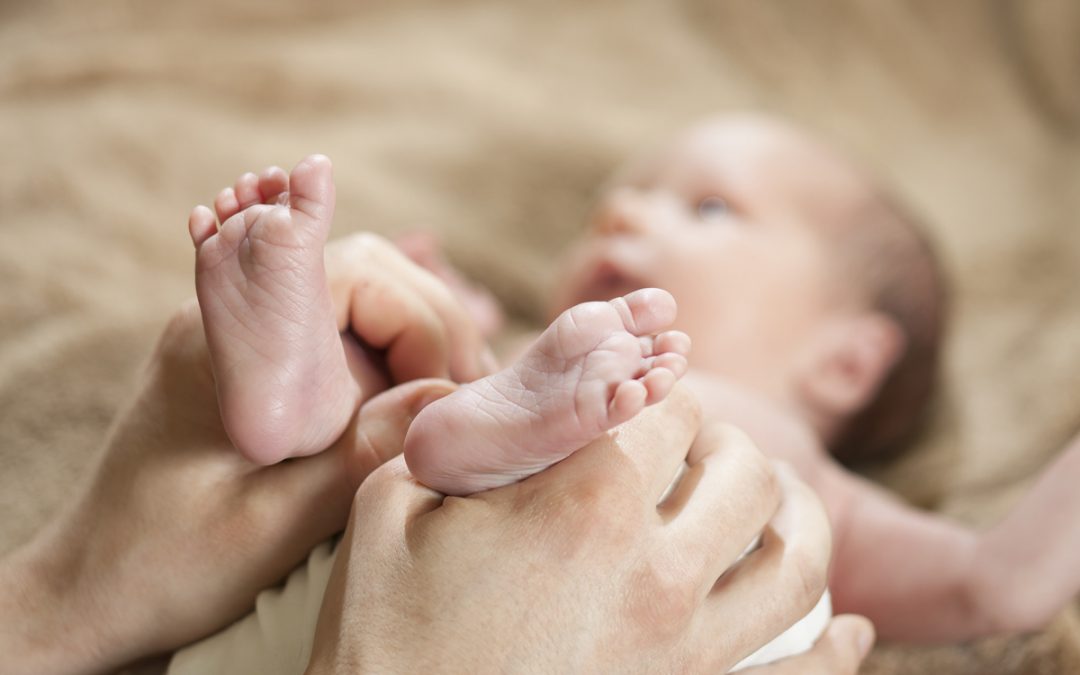Many human rights violations can be traced to a distorted image of the human person. If we misunderstand human nature, we will misconstrue the human rights and duties that proceed from this nature. A correct philosophical anthropology is essential, then, to the protection and upholding of human rights. The Roman Catholic Church provides this anthropological vision and teaches that the human person is made in the image and likeness of God, is a body-mind-soul unity, has the capacity to reason, and is capable of communion on the level of knowledge and love.
What emerges from this authoritative understanding is that the human person transcends his or her life in society and this world. Put another way, it is never morally acceptable to use a human person as a means to some end. Society and the State are meant to serve the human person, notthe other way around (Compendium ofthe Social Doctrine ofthe Church, 132). Since this is the Church’s view of the human person, it becomes evident why the Catholic Church defends authentic human rights so vigorously.
Authentic human rights proceed fromhuman nature. First among these is the fundamental right to life from conception until natural death. Resting upon this foundation are various derivative rights: the right to adequate food and water, the right to health care, the right to act according to one’s conscience, including in religious matters (religious freedom), the right to adequate housing, etc.
It is important to understand that when the Church calls something a right, it does not mean that the government has to provide the right. In fact, the principle of subsidiarity establishes that decisions should be made at the lowest level possible, so the government need not get involved if it is unnecessary. For instance, the State must be careful not to violate primary rights of family or human relationships. Intermediate social institutions such as the family, local civic organizations, and local religious congregations enable the human person to live a truly human life, and healthily express man’s relational nature.
In fully understanding the breadth and depth of human rights, it is vital to know that in addition to having the freedom to relate to others, the human person must always have the freedom to relate with his Creator. As our Declaration of Independence affirms: Men are endowed by their Creator with certain unalienable Rights, that “among these are Life, Liberty and the pursuit of Happiness.” What then is the pursuit of happiness if not also the pursuit of God?
Since thepursuit of Godalong withallother genuine rights derives from God, the State has no right to interfere with man’s pursuit of God. This is the authentic meaning of the First Amendment’s Free Exercise Clause, which protects the free exercise of religion and the right to speak and act according to one’s religious beliefs. As Catholics, the fact that religious freedom must be recognized as a civil and human right is reinforced for us in Dignitatis Humanae, one of the sixteen documents of Vatican II. Many today speak of “the right to worship,” but neither the First Amendment nor the natural moral law limit religious freedom to worship. We understand thatreligious freedom includes all thatis anexpression of one’s religious convictions, including the ability to abstain from activities that violate one’s beliefs. Despite this understanding, we live in a society that undermines and violates our right to religious freedom, particularly in health care.
Ultimately, the attempted adoption of pseudo, false rights such as the “right to reproductive freedom”, which at its core is an assertion of the false right to kill an unborn child, threatens religious freedom and undermines all authentic human rights. The disregard of human nature inevitably results in confusion and a disregard for the rights that derive from this nature—something that we see very clearly present in today’s social, political and legislative landscape. When the human person is reduced to anything less than the image of God, human rights, including conscience rights and religious freedom, become jeopardized. It is imperative that we work on an individual, institutional, and societal level to call out these errors, to educate about the truth of the human person, and to protect authentic human rights.
Michael Arthur Vacca is the Assistant Director of Ministry and Policy Development for CMF CURO. He is a devout Catholic with a passion for praying over others in the power of the Holy Spirit. He is an attorney and graduate of Hillsdale College and Ave Maria School of Law. He has worked for the Pontifical Council of the Family (Holy See) in Rome, where he advised the Church on pro-life and pro-family issues. Michael is the Managing Editor of the International Center on Law, Life, Faith, and Family (www.icolf.org). He is author and coauthor of various articles on bioethics, law, and faith. He is also a co-editor of two books, including Equality and Non-discrimination: Catholic Roots, Current Challenges (Wipf and Stock Publishers, 2019). Above all, Michael is grateful to know the love of Jesus Christ and for his beautiful and holy wife Sarah.

